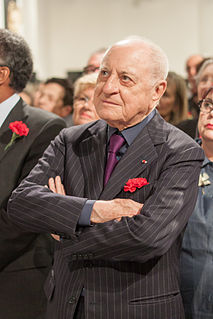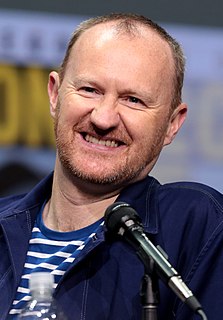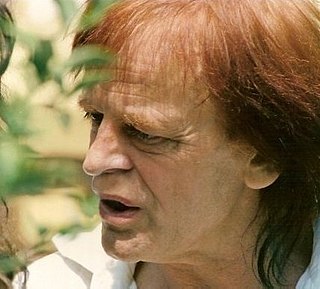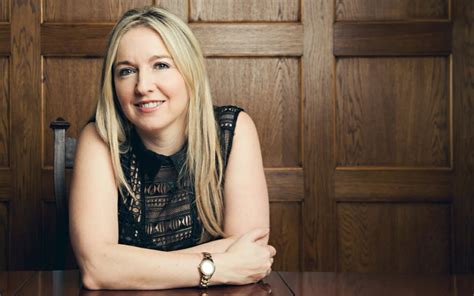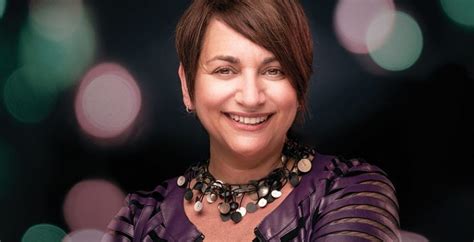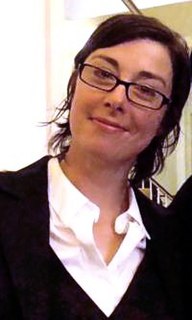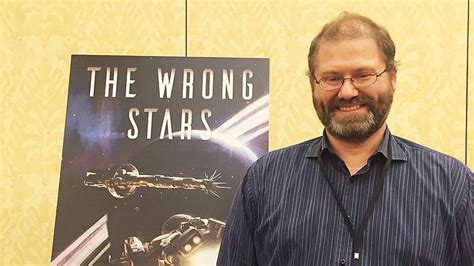A Quote by Melvyn Bragg
A lot of the novels that I've really enjoyed in my life, whether it's Tolstoy's 'Cossacks,' or 'Sons and Lovers' or 'Jude the Obscure' or 'David Copperfield' or 'Herzog,' have an autobiographical spine.
Related Quotes
If I had auditioned for 'Merlin' on magic alone, I don't think I'd have got it. Like any kid, I probably had a magic kit, but it's not something I ever pursued. I've never watched a magic show like David Copperfield or used him to base my character on, but I really like David Blaine and Darren Brown. They are doing wonders.
I started with [Leo] Tolstoy and I was overwhelmed. Tolstoy writes like an ocean, in huge, rolling waves, and it doesn't look like it was processed through his thinking. It feels very natural. You don't question whether Tolstoy's right or wrong. His philosophy is housed in interrelating characters, so it's not up for grabs.
If you really think back to the great writers, there's a lot of happiness in Tolstoy; there's a lot of love, there's childbirth, and there's dances. And likewise in Shakespeare and even Cervantes, there's a lot of celebrations of the positive manifestations of life. Technically, I found it harder to do, so that's kind of a good late-life challenge - without getting sentimental or chirpy.
I'm not called Jude Law, I have three names; I'm called 'Hunk Jude Law' or 'Heartthrob Jude Law'. In England anyway, that's my full name. That's the cheap language that's thrown around, that sums you up in one little bracket. It doesn't look at your life. But if one looks beyond, there is actually a little bit more.


